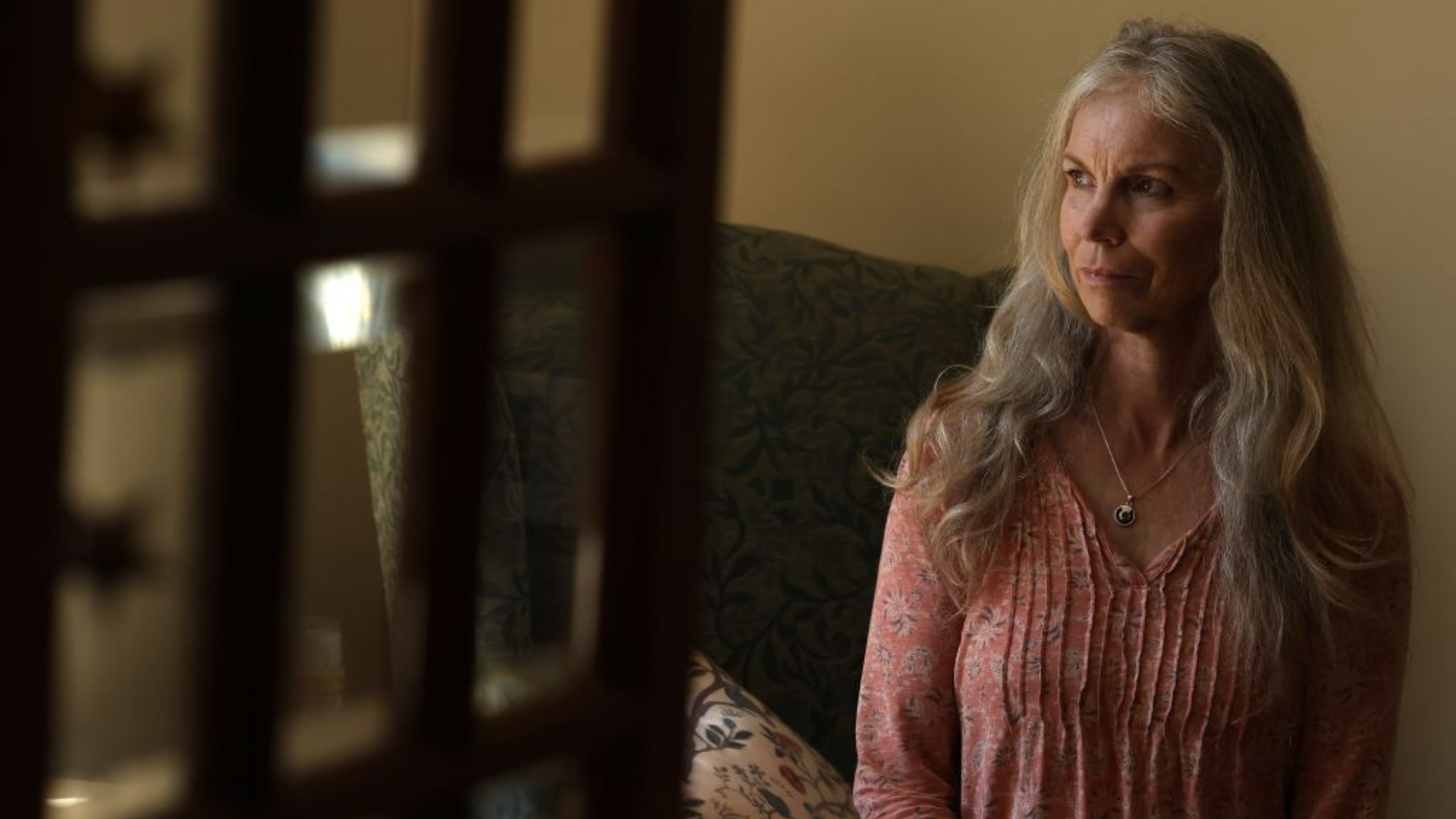Alice Munro: should we still read a fallen saint?
Claims author excused abuse of daughter at hands of stepfather has readers 'sifting sentences for missed clues'

A free daily email with the biggest news stories of the day – and the best features from TheWeek.com
You are now subscribed
Your newsletter sign-up was successful
"Having heroes is a dangerous business," said Laura deCarufel in the Toronto Star. Until a few weeks ago, Alice Munro wasn't just a great Canadian short-story writer, and a Nobel Prize winner.
To many of her readers, Munro, who died in her native Ontario in May this year, was seen almost as a literary saint. She was regarded as "the oracle of the unspoken female experience": someone who saw everything, understood everything, and "forgave us, again and again".
Now, our view of her has changed irreparably. Munro's youngest daughter, Andrea Skinner, revealed earlier this month that she had been sexually abused by her stepfather, Gerald Fremlin – Munro's second husband – when she was nine. Her mother excused his behaviour, staying with him for decades, even after he pleaded guilty to indecent assault.
The Week
Escape your echo chamber. Get the facts behind the news, plus analysis from multiple perspectives.

Sign up for The Week's Free Newsletters
From our morning news briefing to a weekly Good News Newsletter, get the best of The Week delivered directly to your inbox.
From our morning news briefing to a weekly Good News Newsletter, get the best of The Week delivered directly to your inbox.
Until this revelation, I counted myself a reader who loved Munro more than any other artist. But now, in the light of this news, "some of us may never read Munro again". Those who do "will inevitably read her differently, sifting the sentences for clues to what we missed".
No moral example
Munro didn't know about the abuse when it happened, in the 1970s; Skinner revealed it to her mother in the 1990s. But her reaction then was "heartless and selfish", said Paul Abela in The Globe and Mail.
She briefly left her husband, but then apparently accepted his explanation: that the nine-year-old was a "Lolita" who had "invaded" his bedroom for "sexual adventure". Munro went back to him, and then insisted to her daughter that she had "been told too late", and that what had happened was between Skinner and her stepfather. The two women became estranged. Even after Skinner reported him and he was convicted, Munro kept silent about it all.
The response to this revelation has been fierce: some have thrown her books away; others think "she should be stripped of awards, including her Nobel". I disagree. Munro wrote about "the tangled complexity of human experience" and "lives of compromise, tragedy, desire, joy and incompleteness". She did not claim to set a moral example.
A free daily email with the biggest news stories of the day – and the best features from TheWeek.com
A defiled archive
In Munro's case, "the revelations don't just defile the artist, but the art itself", said Rebecca Makkai in the LA Times. When she wrote about women forgiving men, as she often did, "I had always assumed that she was writing with tremendous wisdom", looking down on her characters "with grace and irony". Instead, she was mining a family tragedy she helped to create.
Soon after she learnt about the abuse, Munro wrote the short story Vandals, said Xochitl Gonzalez in The Atlantic. It's about a woman who knew, but did not admit, that her partner was a paedophile. "It should be read again in that grey and nauseating light of what we know now."
-
 The Week Unwrapped: Do the Freemasons have too much sway in the police force?
The Week Unwrapped: Do the Freemasons have too much sway in the police force?Podcast Plus, what does the growing popularity of prediction markets mean for the future? And why are UK film and TV workers struggling?
-
 Properties of the week: pretty thatched cottages
Properties of the week: pretty thatched cottagesThe Week Recommends Featuring homes in West Sussex, Dorset and Suffolk
-
 The week’s best photos
The week’s best photosIn Pictures An explosive meal, a carnival of joy, and more
-
 Properties of the week: pretty thatched cottages
Properties of the week: pretty thatched cottagesThe Week Recommends Featuring homes in West Sussex, Dorset and Suffolk
-
 Kia EV4: a ‘terrifically comfy’ electric car
Kia EV4: a ‘terrifically comfy’ electric carThe Week Recommends The family-friendly vehicle has ‘plush seats’ and generous space
-
 Bonfire of the Murdochs: an ‘utterly gripping’ book
Bonfire of the Murdochs: an ‘utterly gripping’ bookThe Week Recommends Gabriel Sherman examines Rupert Murdoch’s ‘war of succession’ over his media empire
-
 Gwen John: Strange Beauties – a ‘superb’ retrospective
Gwen John: Strange Beauties – a ‘superb’ retrospectiveThe Week Recommends ‘Daunting’ show at the National Museum Cardiff plunges viewers into the Welsh artist’s ‘spiritual, austere existence’
-
 Bad Bunny’s Super Bowl: A win for unity
Bad Bunny’s Super Bowl: A win for unityFeature The global superstar's halftime show was a celebration for everyone to enjoy
-
 Book reviews: ‘Bonfire of the Murdochs’ and ‘The Typewriter and the Guillotine’
Book reviews: ‘Bonfire of the Murdochs’ and ‘The Typewriter and the Guillotine’Feature New insights into the Murdoch family’s turmoil and a renowned journalist’s time in pre-World War II Paris
-
 6 exquisite homes with vast acreage
6 exquisite homes with vast acreageFeature Featuring an off-the-grid contemporary home in New Mexico and lakefront farmhouse in Massachusetts
-
 Film reviews: ‘Wuthering Heights,’ ‘Good Luck, Have Fun, Don’t Die,’ and ‘Sirat’
Film reviews: ‘Wuthering Heights,’ ‘Good Luck, Have Fun, Don’t Die,’ and ‘Sirat’Feature An inconvenient love torments a would-be couple, a gonzo time traveler seeks to save humanity from AI, and a father’s desperate search goes deeply sideways